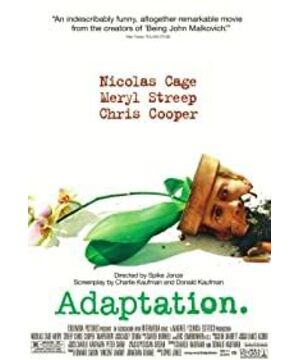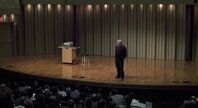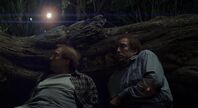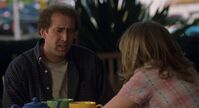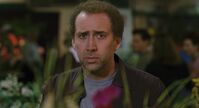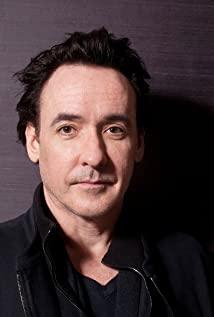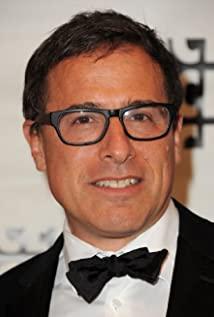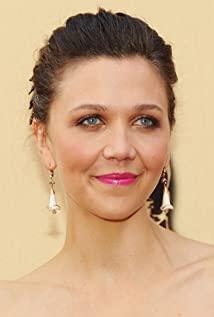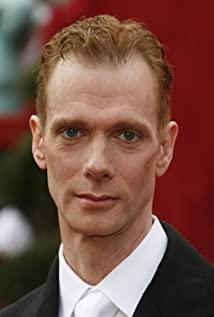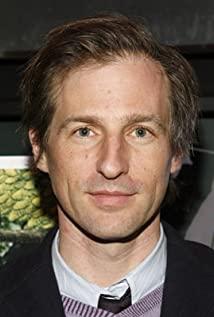It’s a fact that everyone knows that it’s not easy to be a creator. In the case of exhaustion of inspiration, I can only hide in the Vision Hotel, typing the same sentence with a typewriter ("The Shining"). Creators who refuse to let go of their bodies are even more troublesome. They can't write works that "serve the public" for a while. They are very reluctant to get involved in popular themes. It is important to have no choice but to eat, even the "vulgar" wrestler scripts they have never encountered before. To be too busy to write, naturally stretched out. ("Barton Fink"). "Adapted Screenplay" is also a story about a screenwriter facing a creative crisis, and to a large extent it is similar to the Coen brothers' Palme d'Or masterpiece "Barton Funk".
Charlie Kaufman, a genius screenwriter known for his imagination ("A Puppet Life", "Eternal Sunshine of a Beautiful Mind", "New York Synonymy"), used himself to open up his mind. Nicholas Cage was hired to play "Myself" "---Introverted and neurotic screenwriter "Charlie Kaufman". What he faced was a tricky script adaptation plan. The reason why he said it was tricky was because this "Orchid Thief" was not a novel, but a reportage that looked like a prose essay. And "Adapted Screenplay" itself can be regarded as a course for teaching commercial film script writing. At the same time, the content of the whole film and the adapted script written by the protagonist in the film are related to you, and you are in reality. The line between life and the world of scripts is completely blurred. Unexpected elements emerge in endlessly, and inexplicable encounters one after another, Susan Olein (Meryl Streep) writes the book unscrupulously shuttles through the film. The complexity and frequency of its jumps have exceeded the endurance of normal narratives, so in my opinion, the entire "Adapted Screenplay" is actually an externalization of Charlie Kaufman's writing ideas and mental state.
Kaufman, played by Cage, is definitely a "pursuing" screenwriter, and those commercial film scripts are insignificant in his "Meng Sao" mind. He tried to write "The Orchid Thief" as a work only related to flowers, and the characters in the story were all weakened or even eliminated. This is not enough. He hopes to make the entire biological evolution process (there are many changes in the vicissitudes of life in the film) and Darwin's theory of evolution become part of his script. It is conceivable that Kaufman's unrealistic ideas cannot be realized. At the same time, he has a twin brother (also played by Cage), who plunged into the writing of his debut after several screenwriting lessons. The difference between his brother and his brother is that his younger brother started with a popular theme---"bad vulgar" thriller story. The mysterious gimmick was unexpectedly appreciated by the film dealers.
Here I will clarify this "Charlie Kaufman" question again. There are actually three Kaufmans. One can be seen in the film from beginning to end. This is the only one named Kaufman in the film; one saw it but appeared in another identity, that is his brother. . These two are the extreme two sides of the same person. His elder brother's works are high and widowed, and his personality is intuitively expressed as withdrawn, shy, and powerless on issues of men and women. The younger brother is outgoing and outgoing. He is very popular. We never see the third one, but the first two are just an externalization of the fierce struggle in his heart. As mentioned earlier, the whole film is a kind of emotion and thought, and it belongs to the third Charlie Kaufman.
"Adapted Screenplay" to a large extent reveals many Hollywood writing characteristics and commercial elements. The confusion throughout is whether writing should stick to the "art" path of advertised personal style, or put down the bottom line to engage in mass entertainment is a difficult problem that lingers in Kaufman's mind from beginning to end. While the younger brother's writing was effective, his elder brother couldn't do anything, so compromise became a helpless choice. He must ask his brother’s tutor for advice. The tutor told him a shortcut: first, it is necessary to add drama elements; second, it does not matter before, the important thing is that the characters in the ending must make unexpected changes.
As a result, Kaufman made a drastic "adaptation", where the way the film is handled is still subjectively involved, and personally experience the change of the script. The author of the original author failed to witness the legendary ghost orchid from beginning to end. In many cases, life is like this. Even if people have been pursuing it for a long time, they often have no results. But movies are different. Movies are for people to realize their dreams, and a happy ending is something the public loves to see. Even if it is not possible to achieve a 100% Happy ending, the rule of no pains, no gains is always in effect among the positive characters in Hollywood movies, so Susan Ollin finally witnessed the ghost orchid with his own eyes. But because Kaufman just tried to change the style, the plot still seems to be shrunk, showing the continuation of the fruitless search --- Susan Orlin is disappointed with the ghost orchid in front of him. After taking the first step, Kaufman's scale began to relax. Ever since the classic crime film elements-cheating, drugs, homicide, and assault beasts all appeared on the stage, and turned into battle. In the end, the elder brother showed his heart in front of the younger brother, and both sides completed the "character transformation".
To emphasize storyliness and even rely on storyliness, presumably this is where the advantages and limitations of Hollywood movies lie. After being endowed with these dramatic elements, the appearance of the original work became completely unrecognizable and unrecognizable. This is a creative issue worth pondering. When artists are immersed in creation, it is rare for someone to reflect on the creative method itself.
View more about Adaptation. reviews


